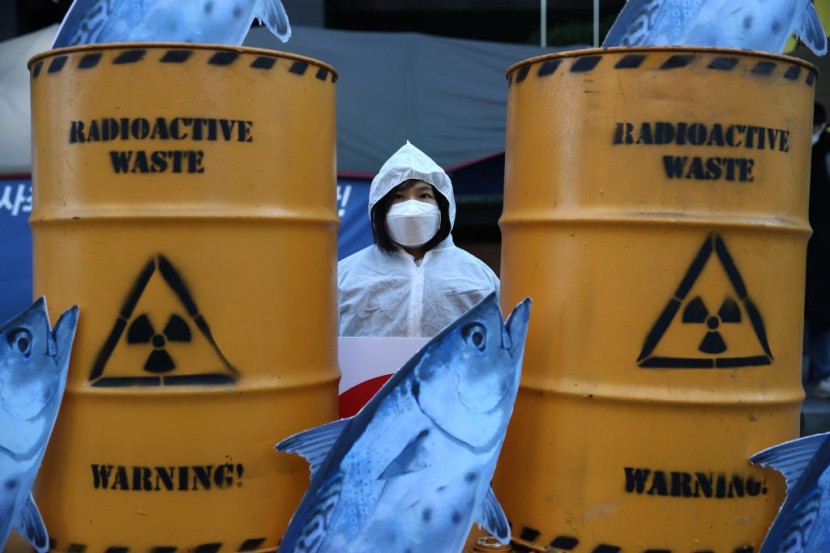
The United Nations approved Japan's radioactive water release plan 12 years after an earthquake and tsunami destroyed parts of the Fukushima nuclear plant that, led to the contamination of water supplies.
The plan includes slowly discharging treated, radioactive water into the ocean and has been highly anticipated for some time. However, the UN's endorsement of the plan comes amid opposition from China, South Korea, and several other Pacific Island nations.
UN Approves Japan's Water Release Plan
The United Nations, atomic energy agency, said that the initiative, first announced in 2021, has met international standards and will have negligible effects on the sea environment and the health of people near the discharge area.
The plan has also drawn criticism from fisheries in Japan and neighboring countries, resulting in demands for seafood spiking preemptively in the region. Following the earthquake and tsunami in 2011, officials collected, treated, and stored contaminated water in tanks at the plant, as per USA Today.
However, the tanks at the plant, which number roughly 1,000, will soon reach their capacity, with an estimated timeline of early 2024. The Japanese government said in 2021 that it would discharge the treated water into the sea over several decades, arguing that the water must be removed to prevent new leaks and prepare for decommissioning the damaged plant.
Officials revealed that the treated contaminated water would be released 1,000 yards offshore through an undersea tunnel. This will come after the company that owns the damaged plant receives a permit in about a week.
UN experts submitted a report on Tuesday that noted the group's final assessment of the water disposal project. Leaders of the global agency said in an executive summary that the Japanese government was responsible for creating the plan to dispose of the contaminated water into the ocean and that the world body does not necessarily endorse the idea.
The head of the International Atomic Energy Agency (IAEA), Rafael Mariano Grossi, said the report was a "comprehensive, neutral, objective, scientifically sound evaluation" of the situation. According to the Associated Press, he added that they were very confident about it.
Concerns About Human and Environmental Safety
The report said the agency recognizes that the discharge has raised various societal, political, and environmental concerns associated with radiological aspects. However, it also concluded that the water discharge plan would not significantly affect people and the environment.
Grossi added that diluting treated but still slightly radioactive wastewater for gradual release into the sea is widely used in other nations. This includes China, South Korea, the United States, and France. The countries dispose of water containing specific radionuclides from nuclear plants.
Despite the report, many have cast doubt on the IAEA's findings, with China recently arguing that the assessment was not proof of the legality and legitimacy of Fukushima's wastewater release.
Many people also expressed concern as radioactive wastewater contains some dangerous elements. However, the state-owned electricity firm Tokyo Electric Power Company (TEPCO) said that most of these elements can be removed from the water, said CNN.








